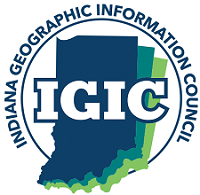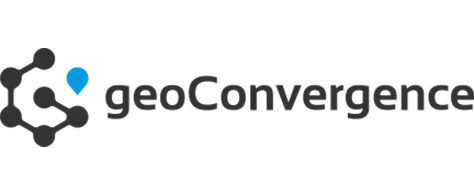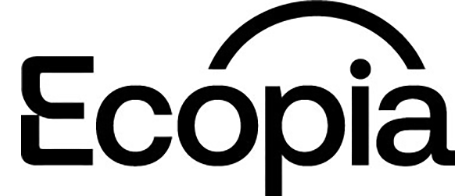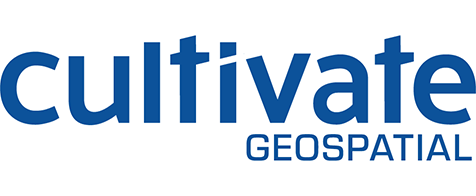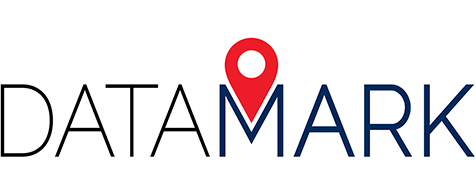- Home
- 2026 GIS Conference
- About Us
- Membership
- Events
- 2025 GIS Conference
- 2025 Geospatial Coordinator's Forum
- Resources
- Forums
2020 Employment Survey Report
Executive SummaryIn March 2020, IGIC circulated its first Employment Survey to geospatial practitioners around the state. This survey built on the 2010 and 2015 Salary Surveys, asking additional questions regarding people’s careers and experiences. Responses were provided to 24 questions, including salary, education, career, challenges, technology and historical document use. This report presents an analysis of the results of the 2020 survey and some comparison with the previous surveys. In some instances reasonable explanations for the results can be inferred and the authors have included discussion and caveats around some of the key findings. For the first time the report also distills some of the findings into recommendations, potentially adding greater value. These recommendations are not targetted at specific individuals or organizations and can be reflected upon by everyone in Indiana’s Geographic Information System (GIS) community. The survey was conducted during the COVID 19 Coronavirus pandemic. The associated disruption to work patterns, home-life and employment may have affected response rate and content. The 156 responses indicate that annual salaries in the GIS community in Indiana have, on average, kept pace with or slightly exceeded inflation. The average reported salary in Indiana was $62,222. While they are not directly comparable, this compares favorably with the average salary of $55,000 reported in a 2019 survey, which comprised 92% of responses from developed countries1. This response rate was down 30% from the 2015, which itself was down 16% from 2010. Levels of experience in GIS seem to be growing. Twice as many men responded to the survey as women. The survey identified: a gender disparity in salaries, particularly between the most experienced men and IGIC is grateful to everyone who took the time to complete the survey and to the members of IGIC’s Education Committee for their work coordinating the survey and analyzing the results. 2020 Average Annual Salary: $62,221.952 2015 Average Annual Salary: $55,894.41 2010 Average Annual Salary (first IGIC Salary Survey): $51,869.12 ___________________________________________ 1 28% of the developed world responses were from outside the US. https://www.reddit.com/r/gis/comments/c8mp08/rgis_2019_user_survey_results/
RecommendationsRecommendation 1: The fall in the number of survey responses should be considered and, if necessary, action should be taken to address this. Recommendation 2: The experience of Indiana’s GIS community should continue to be harnessed, to benefit of those with less experience and the wider, non-GIS community. Recommendation 3: The lack of diversity among survey respondents should be investigated and a program of inclusion be developed. Recommendation 4: Employing organizations, those who lead GIS practitioners and those who make use of GIS data should, if they are not already doing so, encourage and enable best practice and explore training provision in relation to managing diversity, tackling discrimination and addressing unconscious bias. Recommendation 5: Everyone in Indiana's GIS community should consider volunteering in order to facilitate volunteer activities, to support personal development, to deepen understanding of GIS, as a discipline and to champion the use of GIS as a force for good. Recommendation 6: Everyone in Indiana’s GIS community should continue to assist IGIC in meeting the future, donating time, energy and talent. Recommendation 7: The volunteer efforts that enable IGIC to function should be logged and tracked with a view to improving IGIC’s bottom line, motivating volunteers, amplifying impact and securing grants. Recommendation 8: Consideration should be given to finding new, more accessible and inclusive ways to provide support for developing programming skills and focusing that support to those within IN’s GIS community who would benefit from it most. Recommendation 9: IN’s GIS community should reflect on what historical data would be most valuable and how it can be shared. |
